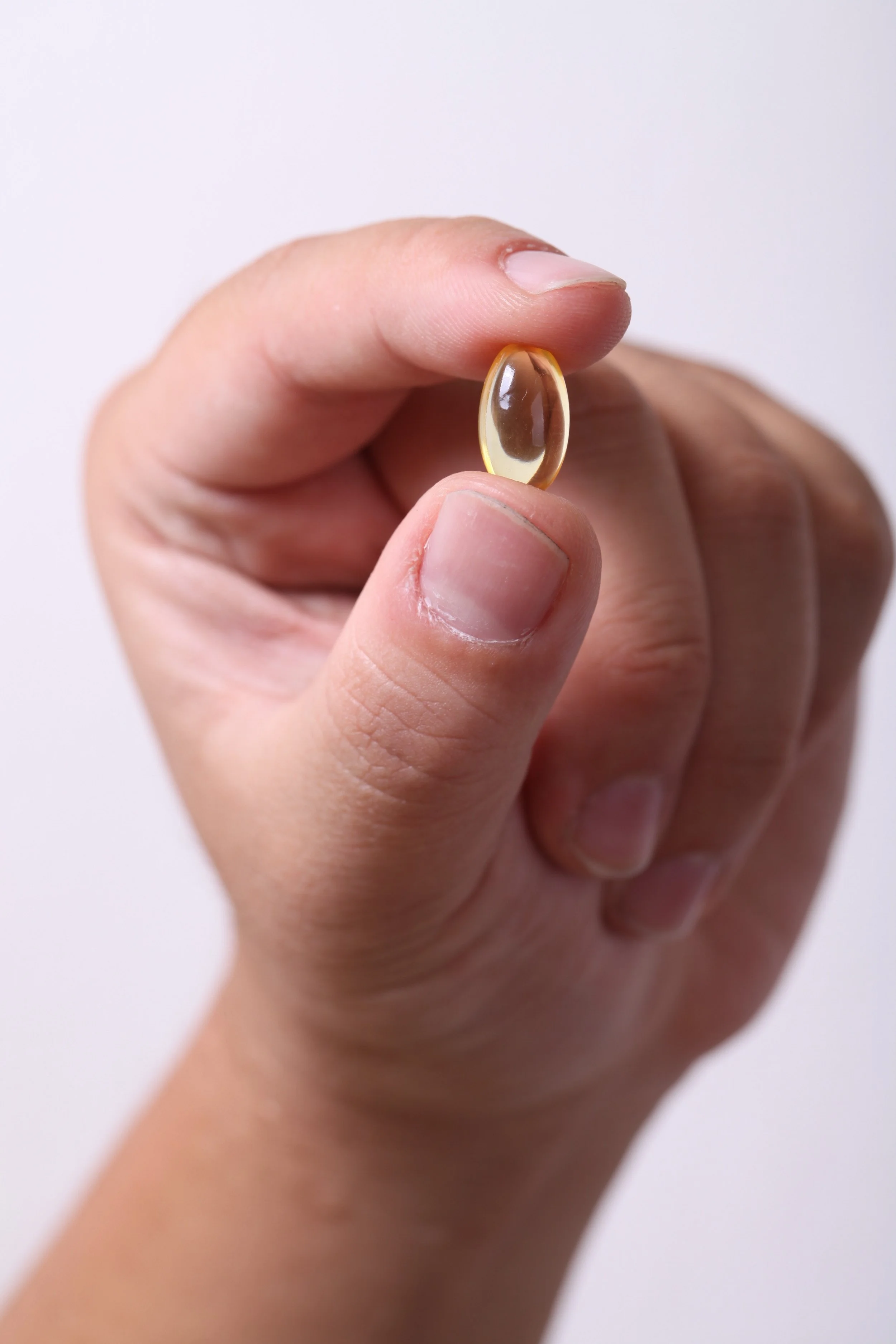The vitamin D and acne connection
Vitamin D deficiency is known to play a role in many inflammatory skin conditions, and certainly is seen to be a contributing factor in acne. Acne is an inflammatory skin condition with both systemic inflammation and local inflammation within the skin, even at the very early micro-comedone stage of development. The causes of local inflammation can be directly linked to the influence of systemic drivers however; local factors play a significant role as well. This article looks at the role of vitamin D as a potential regulator of local immune and inflammation processes that drive acne.
Propionibacterium acnes (P acnes) are bacterium which resides naturally on this skin as part of the wider skin microbiome. It is also the bacterium associated with the development of open comedones and pustules. Generally over-growth of P acnes is kept in check by other bacteria on the skin, however given the right conditions it becomes a potent inducer of local skin immunity, which results in significant inflammation. This pathway is driven by part of the peripheral immune system, and it is here where vitamin D, and in fact vitamin A (which I will write more about soon) can play a role in dampening down acne severity (Agak et al., 2014). Specifically vitamin D regulates the growth and development of both skin and sebum producing cells, effectively achieving an anti-comedogenic effect. It is also associated an increase in antimicrobial peptide production within the skin, reducing the potential for P acnes to induce immune processes and as such a reduction in inflammation.
So, how strong is the association between vitamin D levels and acne?
One recent study (El-Hamd et al., 2018) looked at vitamin D levels in patients with acne before and after treatment for isotrentinoin (Oratane, Roaccutane; generally used for cystic acne). The study aim was to assess if there was a correlation between vitamin D levels and acne severity. Ninety patients with acne were age and sex matched with 60 control subjects. Serum vitamin D levels were measured at baseline and then after 3 months treatment with isotretinoin. A significant inverse relation between vitamin D levels and acne severity was seen i.e. the lower the baseline vitamin D, the worse the severity of acne. Treatment with isotrentinoin, brought about resolution of acne in some participants, which resulted in increased levels of vitamin D. The increase levels of vitamin D were unlikely to be brought about by isotrentinoin, instead either low vitamin D levels play a role in the development of acne or that acne has a negative effect on vitamin D synthesis.
At this point I would like to note, that despite the positive effect associated with isotrentinoin use, it is a drug with a significant side effect profile and doesn’t necessarily resolve the underlying drivers of acne i.e. it is effectively a bandaid. I will write more about this topic soon.
In another study looking at the role of vitamin D in acne, vitamin D deficiency was found in 49% of patients with acne and only 22.5% for those without. The study included 80 patients with acne and 80 healthy controls. Again the severity of acne and inflammatory lesions was associated with the degree of vitamin D deficiency. In a follow up trial within the same cohort of patients, 39 out of 80 patients showed improvement in the number of inflammatory lesions post supplementation with vitamin D. The authors noted that vitamin D assessment is of particular note for patients with inflammatory lesions (Lim et al., 2016).
Relating this back to an individual level, how do you know if supplementation with vitamin D will help? The first step is to get vitamin D levels assessed as part of a holistic work up. Vitamin D alone is unlikely to be a miracle cure, however it may be part of an effective overall treatment plan. I will add my usual caveat with regard to vitamin D supplementation, which is to establish baseline serum levels before taking supplemental vitamin D and it is worthwhile seeing a health care professional such as your naturopath or nutritionist to do so. Sunshine and vitamin D rich foods are also important for maintaining healthy levels. If acne impacts you personally and you want a holistic assessment and individualised treatment plan developed to help treat your acne, please book into make an appointment to see me, contact me here, or read more about my Skin Healing Program here.
References:
Agak, G. W., Qin, M., Nobe, J., Kim, M. H., Krutzik, S. R., Tristan, G. R., ... & Kim, J. (2014). Propionibacterium acnes induces an IL-17 response in acne vulgaris that is regulated by vitamin A and vitamin D. Journal of Investigative Dermatology, 134(2), 366-373.
El‐Hamd, M. A., El Taieb, M. A., Ibrahim, H. M., & Aly, S. S. (2018). Vitamin D levels in acne vulgaris patients treated with oral isotretinoin. Journal of cosmetic dermatology.
Lim, S. K., Ha, J. M., Lee, Y. H., Lee, Y., Seo, Y. J., Kim, C. D., ... & Im, M. (2016). Comparison of vitamin D levels in patients with and without acne: a case-control study combined with a randomized controlled trial. PloS one, 11(8), e0161162.


